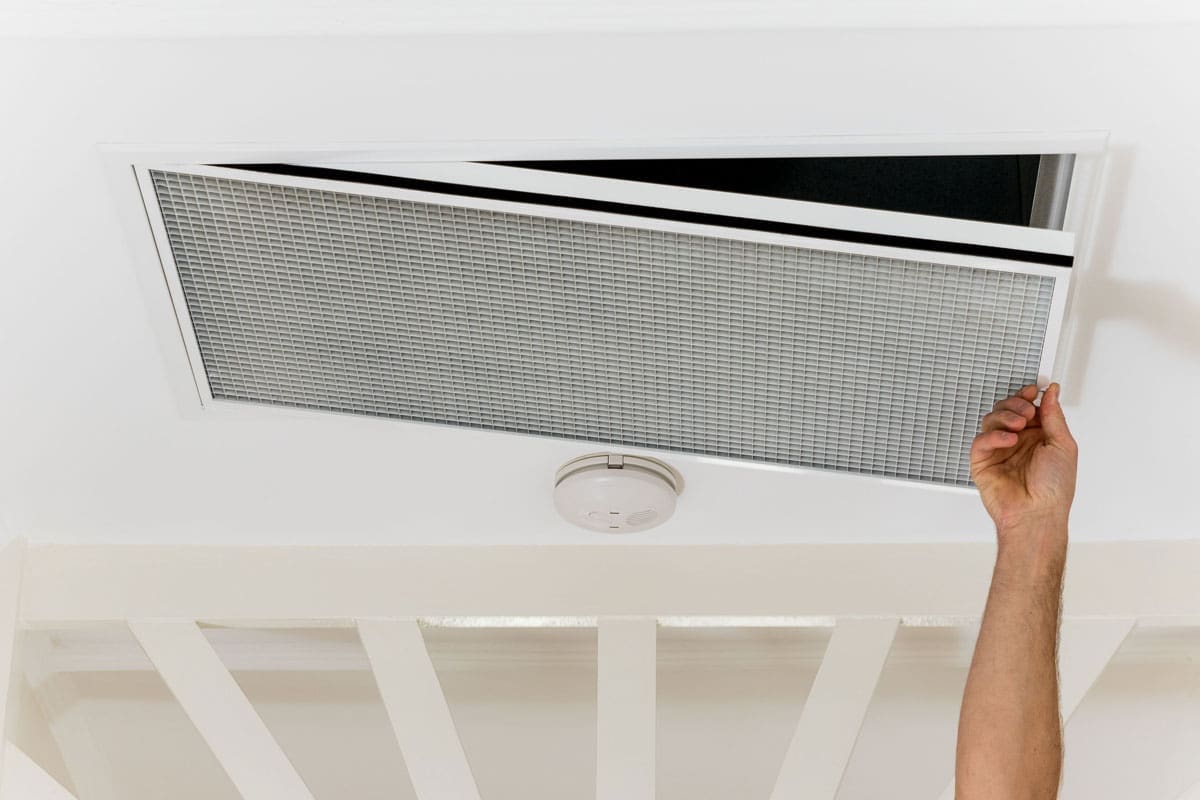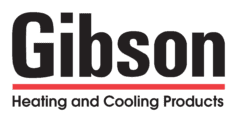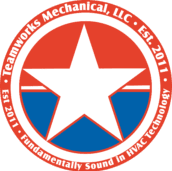Improve Indoor Air Quality By Regularly Changing HVAC Filters
Changing HVAC filters is very important for good indoor air quality. Clean filters help keep the air fresh and healthy. Dirty filters can make the air dusty and hard to breathe. Teamwork HVAC will help you know when to change your HVAC filters. By doing this, you can keep your home’s air clean and safe. Regular filter changes are a simple way to improve indoor air. Many people in Denver do indoor air quality testing to make sure their air is good. Knowing how often to replace your HVAC filters can help you breathe easier.
HVAC Filter Essentials
There are many types of HVAC filters to choose from, like fiberglass, pleated, and HEPA. These filters help keep your air clean by trapping dust, pollutants, and allergens. Using a good filter is important for your health. It makes the air in your home safer to breathe. If you live in Denver, you might want to try indoor air quality testing Denver services. This can tell you how clean your air is and if you need a better filter. A clean filter can make a big difference in your home.
Related: Are Scented Candles Bad For Indoor Air Quality?
Factors Influencing Filter Lifespan
The lifespan of a filter depends on several factors, the type of filter used is important. Different filter materials last for different amounts of time. How often the HVAC system is used also affects the filter's lifespan. If the system runs a lot, the filter will need to be replaced more often. Air quality is another key factor, in areas with dirty air, filters get dirty faster. This makes them less efficient and means they need to be changed more often. An air purification company Denver CO, can help you choose the right filter and schedule replacements.
- Filter Type: Lifespan variations among different filter materials.
- Usage: Impact of HVAC system usage frequency on filter lifespan.
- Air Quality: How air quality levels affect filter efficiency and replacement needs.
Recommended Replacement Intervals
Changing your air filters regularly is important to keep the air clean. For standard filters, you should replace them every 1-3 months. Pleated filters can last longer, usually needing a change every 3-6 months. HEPA filters are great at trapping tiny particles. They should be replaced every 6-12 months. If you have pets or someone in your home has allergies, you might need to change filters more often. Indoor air quality testing can help you know when it's time to change your filters. Clean filters help everyone breathe easier and keep your home free of dust and allergens. This simple step can make a big difference in the air quality inside your home.
Factors:
- Type of filter (standard, pleated, HEPA)
- Number of pets in the home
- Presence of allergy sufferers
- Frequency of indoor air quality Denver
- Levels of dust and allergens
Signs It's Time to Change Filters
It's important to know when to change your HVAC filters. If you notice reduced airflow, it might be time for a new filter. Another sign is visible dust buildup on the filter, which shows it is clogged. Checking your filters often helps keep your air clean and healthy. Good filters are key to keeping your family safe from dust and allergens. This is especially true in places like Denver. Indoor air quality testing is common and needed there. Changing filters on time keeps your system running well and saves energy. Clean filters make your home more comfortable and safe. Always check your filters often, it's for the best air quality and to avoid health problems. It's a simple task that makes a big difference in your home's air.
Related: 5 Ways You Can Improve Indoor Air Quality Using Your HVAC System

Benefits of Regular Filter Changes
Regularly changing your HVAC filters can make a big difference. First, it helps improve indoor air quality and reduces allergens. Clean filters catch dust, pollen, and pet hair, this is great for people with allergies. Second, it helps your HVAC system run better and last longer. When the filters are clean, the system doesn't have to work as hard. This can save energy and lower your bills. In Denver, getting an indoor air quality testing can show how much better your air is with clean filters. Regular filter changes are a simple way to keep your home healthy and your HVAC system in good shape.
Benefits:
- Improved indoor air quality and reduced allergens.
- Enhanced HVAC system efficiency and longevity.
- Potential energy savings with clean filters.
DIY Filter Replacement Tips
Turn Off Your HVAC System:
Always turn off your HVAC system before replacing the filter. This will prevent accidents or damage.
Check Filter Size:
Before buying a new filter, check its size on the old filter or in your HVAC system's manual. This ensures you get the right fit.
Follow Arrow Directions:
When inserting the new filter, follow the arrows on the filter frame. They show the correct airflow direction.
Use Proper Tools:
Have a screwdriver ready, you will need it to open the filter compartment safely.
Regular Replacement:
Replace your HVAC filter every three months, do it sooner if you see less airflow or more dust in your home.
Consult Professionals:
If you're unsure, ask about the process. Or ask for advice on the best filter type. Ask an air purification company Denver, CO. They can offer expert guidance.
Professional Maintenance Considerations
Professional HVAC maintenance is very important for keeping filters working well. Regular check-ups make sure the system is clean and running smoothly. Professional inspections should happen twice a year. Filters need to be changed every three months for best performance. A well-maintained HVAC system makes the air at home cleaner and healthier. It also helps the system last longer and saves money on energy bills. Good teamworks at home can remind everyone to keep the system in top shape. This makes sure the heating and cooling work well all year round.
Related: A Guide To Indoor Air Quality Standards For Office Buildings?
Environmental Impact
Using eco-friendly options for disposing of used HVAC filters is important. It helps keep our environment clean. Choosing recyclable or biodegradable filters is a good choice. These filters break down easily and do not harm nature. Instead of throwing used filters in the trash, look for special recycling bins. Some stores have places where you can drop off old filters. By doing this, you help reduce waste and protect our planet. It is a simple way to make a big difference. Everyone should try to use eco-friendly filters. These small steps help keep our earth green and healthy.
A Key To Clean Air And System Efficiency
Regularly changing HVAC filters keeps indoor air clean and safe. It's recommended to replace filters every 1-3 months to ensure optimal system performance. Clean filters help the HVAC system run efficiently, saving both energy and money. Changing filters regularly stops dust and dirt from building up. This keeps the air fresh and healthy. Following the manufacturer's guidelines for filter replacement is crucial for maintaining system health. Additionally, monitoring filter condition regularly ensures they are not dirty or clogged. Clean air promotes better health and comfort for everyone in the home. Practicing good teamworks at home means keeping the house comfy and safe. We do this by taking care of the HVAC system. Regular filter changes, while a small task, offer significant benefits in the long run. Remember to check and replace your HVAC filters consistently for the best results.




















